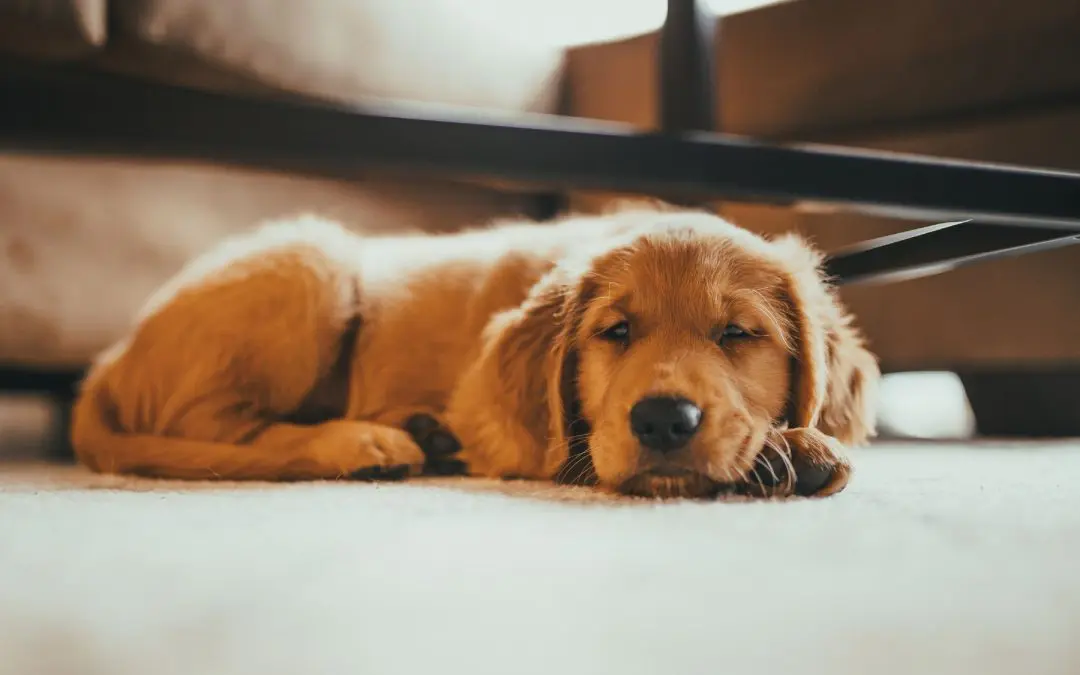Pet-proofing your home is a non-negotiable step in preparing for a new furry family member. It involves seeing your home not just through human eyes, but through the eyes of a creature driven by instinct, curiosity, and a powerful sense of smell. Taking proactive steps now will prevent accidents, protect your belongings, and set the foundation for a happy life together.
Pet-Proofing Your Home: The Room-by-Room Safety Sweep
A systematic, room-by-room approach is the most effective way to eliminate potential hazards. Get down on your hands and knees to see the world from your pet’s perspective; you will be surprised by what you find. This detailed inspection is crucial for catching small, easily overlooked dangers.
Kitchen and Dining Area Precautions
The kitchen contains some of the most serious threats. Secure all cabinets, especially lower ones, using childproof latches. These are vital for storing cleaning products, garbage, and all human foods. Keep in mind that many common ingredients—such as chocolate, grapes, raisins, onions, garlic, and products containing the artificial sweetener Xylitol—are highly toxic to pets. Ensure all trash cans have secure, locking lids; pets are notorious for rummaging. Get into the habit of wiping down counters immediately after food preparation to remove crumbs and scraps that might attract a counter-surfing dog or cat. Never leave sharp utensils or hot appliances unattended.
Living Spaces and Bedroom Adjustments
In areas where your pet spends the most time, electrical cords and small items present the biggest risks. Electrical cords are irresistible chew toys for many pets, leading to the danger of electrocution or burns. Always cover or secure loose cords using chew-proof sheaths or by tucking them behind heavy, anchored furniture. Window blinds and curtain cords should be secured or tied up high to eliminate strangulation risks, particularly for cats and playful puppies.
Examine all houseplants. Many common varieties are poisonous if ingested; consult the ASPCA’s list of toxic and non-toxic plants, and remove or relocate all hazardous species to areas your pet cannot access. In bedrooms, keep clothes, especially socks and undergarments, off the floor, as they are a leading cause of intestinal blockage if swallowed. Store medications, vitamins, and cosmetics in secure drawers or cabinets.
Utility Rooms and Garage Hazards
These often-forgotten areas house some of the deadliest toxins. Every single chemical, including laundry detergents, bleach, paints, solvents, pest control products, and especially automotive fluids like antifreeze, must be stored on high shelves or in locked cabinets. Antifreeze, in particular, is extremely hazardous because its sweet taste attracts pets. Ensure the floor is swept clean of small, sharp debris like nails, screws, and tools. When using the washer or dryer, check inside before loading, as small pets, especially cats, may climb inside for a nap. Keep the doors to these appliances closed when not in use.
FAQs About Pet-Proofing Your Home
What is the most critical item to secure first?
Toxic household chemicals and medications are the most critical items. They pose an immediate, life-threatening danger if ingested. Use childproof locks on all accessible cabinets where these items are stored.
Can a pet choke on small items like rubber bands or hair ties?
Yes, absolutely. Small objects like rubber bands, hair ties, coins, buttons, and even pieces of string or yarn are significant choking or obstruction hazards, particularly for cats. Keep all small items in secure containers and off low surfaces.
Are there any specific plants I should be concerned about?
Lilies, Sago Palms, Tulips, and Daffodils are among the most common and dangerous plants for pets. Always check the ASPCA’s comprehensive database if you are unsure about a specific plant in your home or garden.
How can I discourage my pet from chewing on furniture?
Redirecting the behavior is key. Provide plenty of appropriate, safe chew toys and scratching posts. You can also apply pet-safe bitter-tasting sprays to furniture or electrical cords to deter chewing, while simultaneously encouraging them to use their own toys.
Reliable Real Estate Inspections, LLC provides inspections to customers in Hilton Head and the surrounding areas. Contact us to request our services.

